Pool Solar
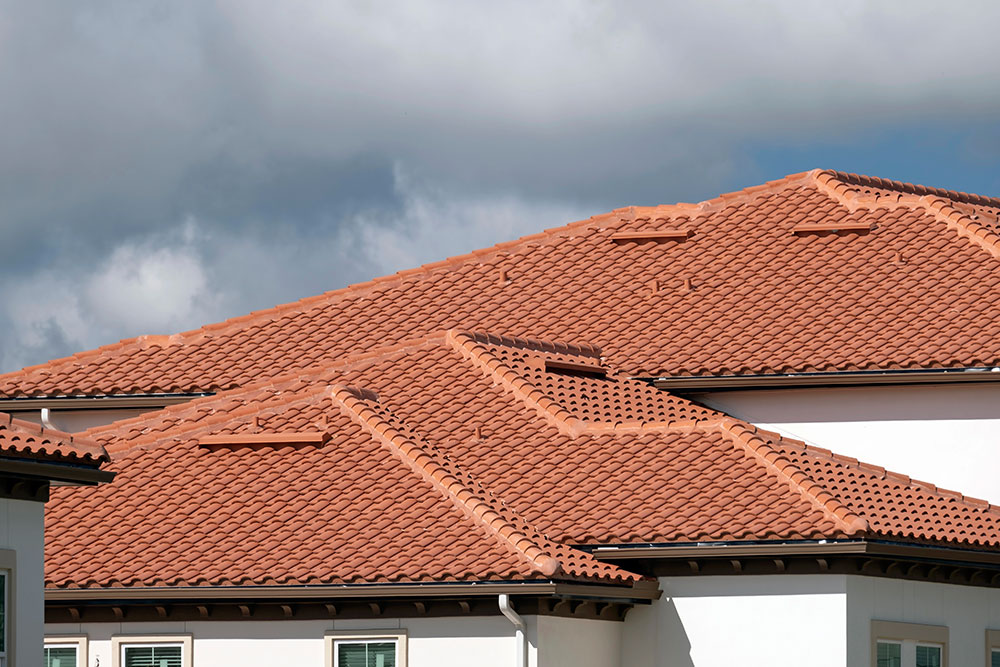
Concrete Vs. Clay Tile Roof: Which Is Better For Your Home?
Choosing the right roofing material is an important decision that impacts the long-term durability, aesthetic appeal, and value of your home. Among the many options available, concrete and clay tile roofs stand out for their timeless beauty and impressive performance. Concrete tile roof vs. clay tile roof, which one is the best choice for your… Read more »
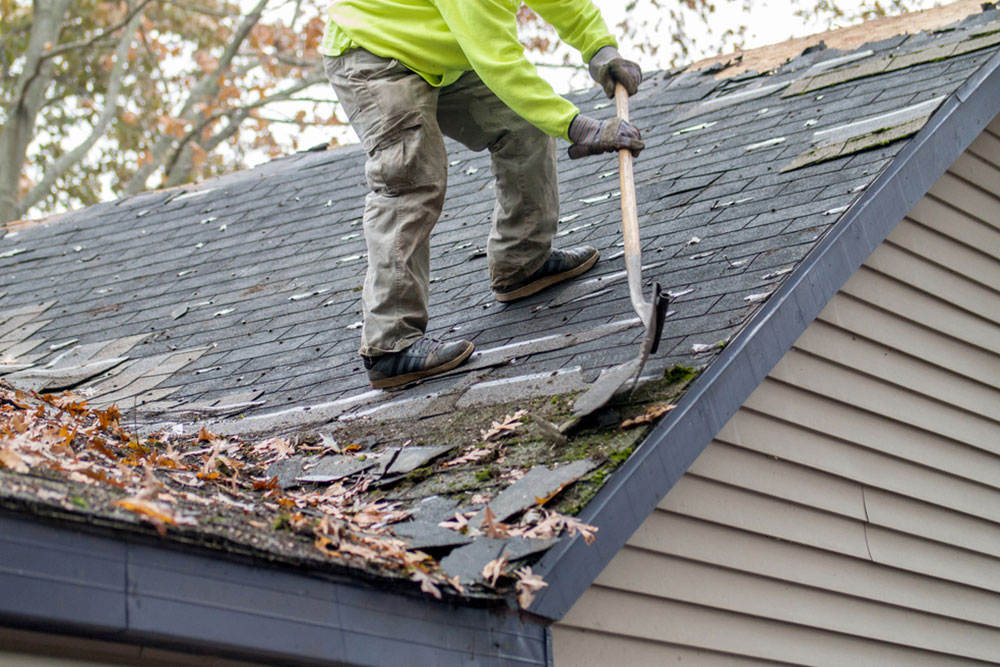
How To Check For Roof Damage After A Storm: Five Key Signs To Look For
After a severe storm, your roof is one of the most vulnerable parts of your home. Heavy winds, hail, and torrential rain can cause significant damage to your roof without you even realizing it. But how do you know if your roof has storm damage? In this guide, we’ll walk you through everything you need… Read more »
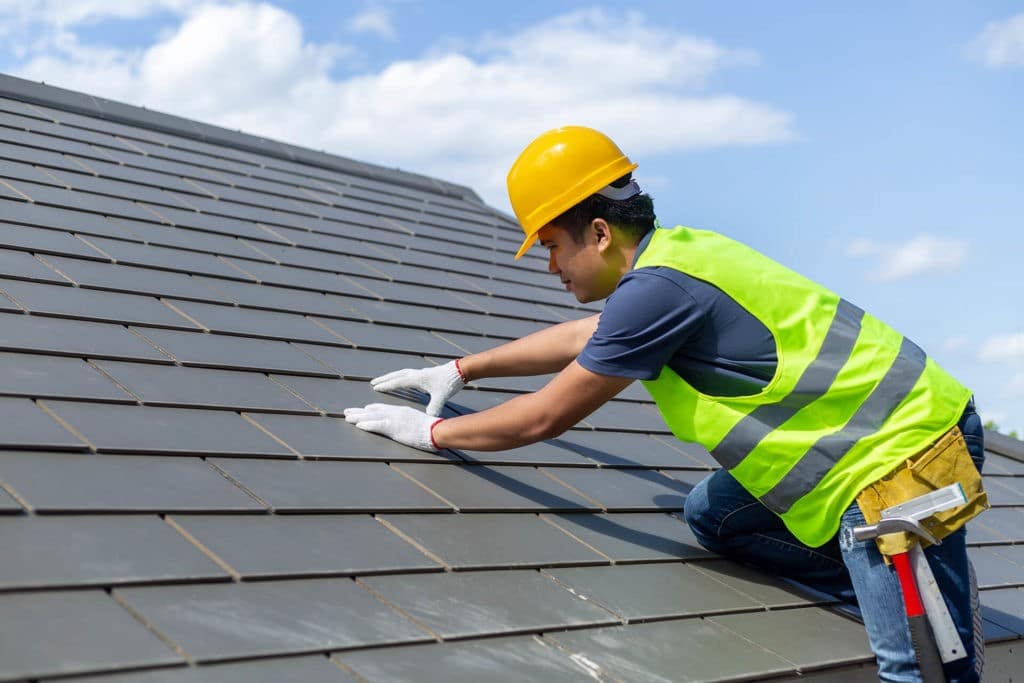
How To Maintain A Roof In Harsh Weather Conditions: Essential Tips
Your roof is your home’s first line of defense against the elements. When severe weather strikes, it has to be capable of withstanding the harsh conditions. Whether it’s heavy rain, high winds, snow, or scorching heat, these weather conditions can quickly deteriorate an unprepared roof. But how can you protect your roof from extreme weather?… Read more »
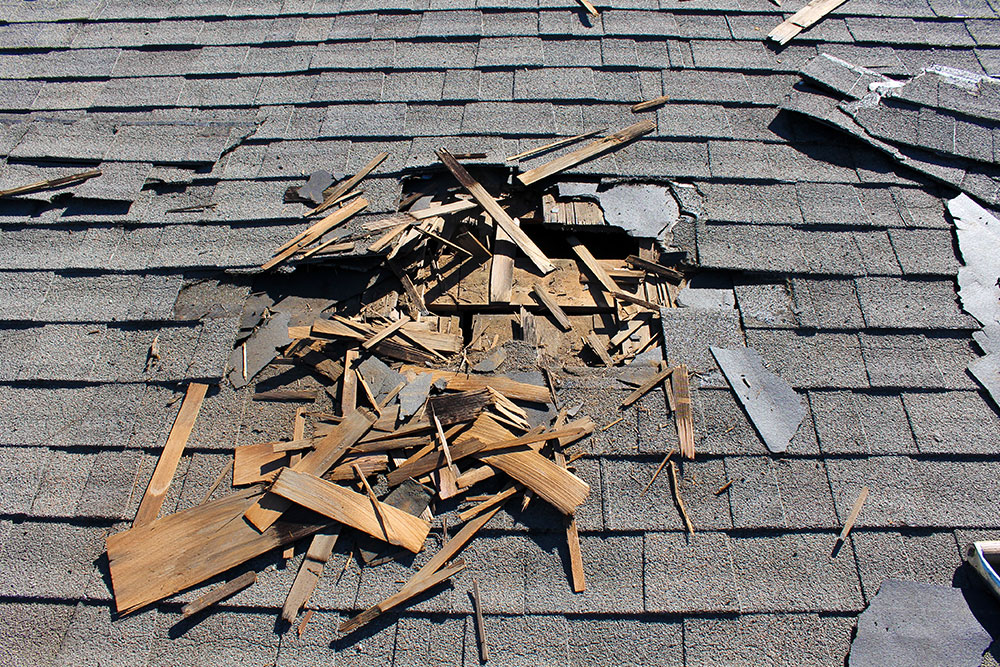
Roof Replacement After Storm Damage: A Cost Overview For Homeowners
When a storm strikes, the damage it can cause to your roof may be extensive and overwhelming. Proper repairs will protect your home from the elements and reinforce your roof for future storms. Understanding the storm damage roof replacement cost is important for homeowners who are dealing with the aftermath of a severe weather event…. Read more »
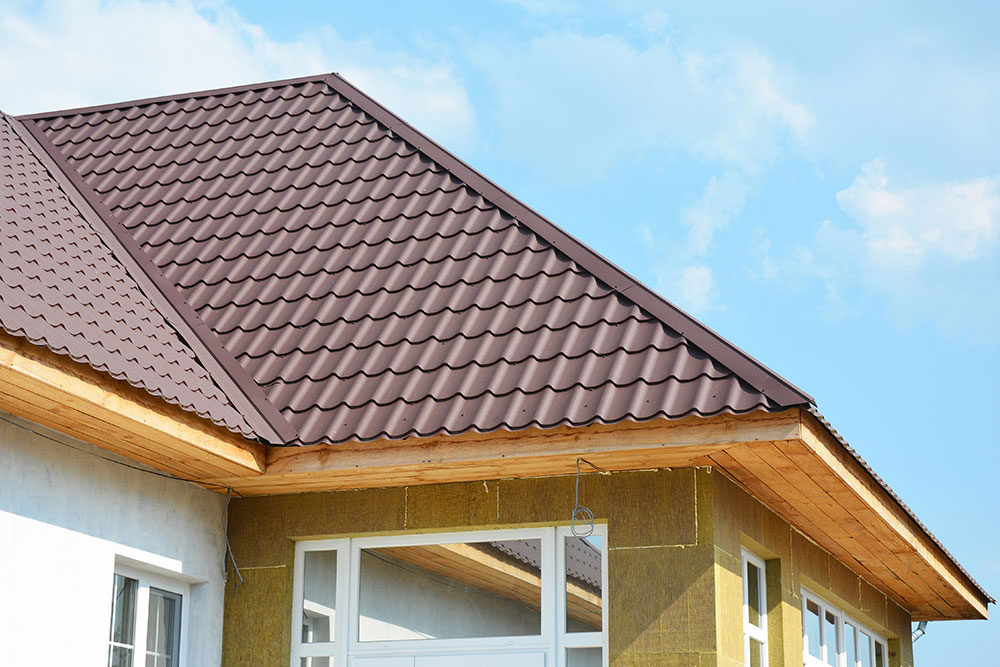
Why Choose Sustainable Roofing? Key Benefits For Homeowners
Have you ever wondered if your roof could do more than just protect your home from the weather? What if your roof could help lower energy bills, reduce your carbon footprint, and even boost your home’s value? Sustainable roofing is an innovative solution that combines cutting-edge materials with eco-friendly benefits. This article reveals why sustainable… Read more »

How To Find A Roofing Contractor In Cape Coral, FL
Finding the right roofing contractor for your home or business is not a decision to be taken lightly. A well-installed roof can protect your property for years. However, the wrong choice could lead to headaches, unnecessary costs, and even damage. If you are in Cape Coral, FL, and looking to replace or repair your roof,… Read more »
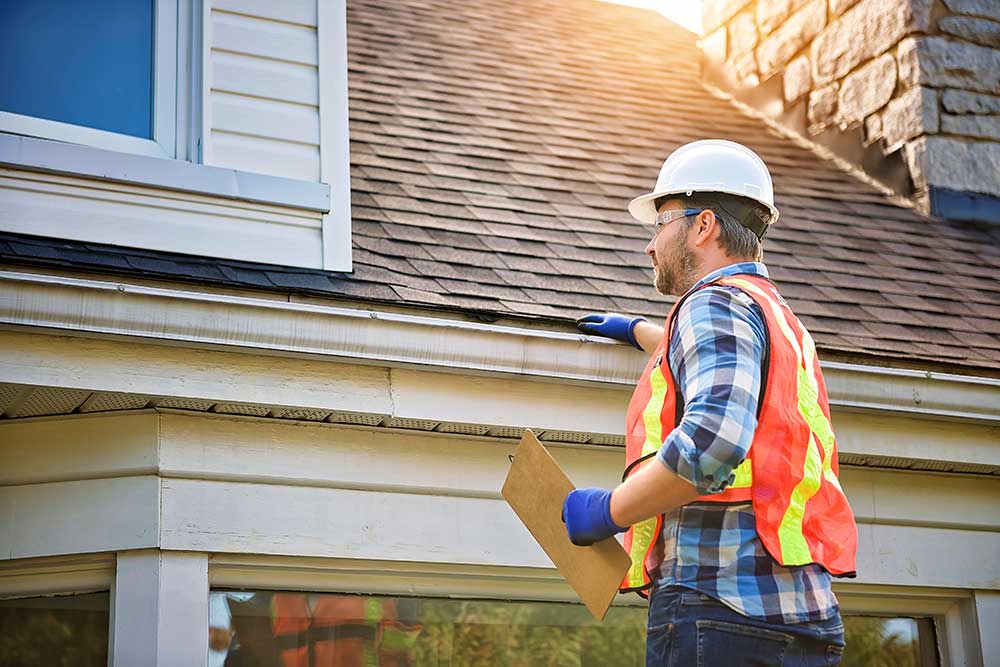
The Ultimate Roof Inspection Checklist For Homeowners
Your roof works tirelessly to protect your home from the elements. Over time, though, even the best roofs can face wear and tear. Regular roofing inspections are a must for maintaining the integrity of your roof and preventing costly repairs down the line. Knowing what to look for during these inspections will help you spot… Read more »

